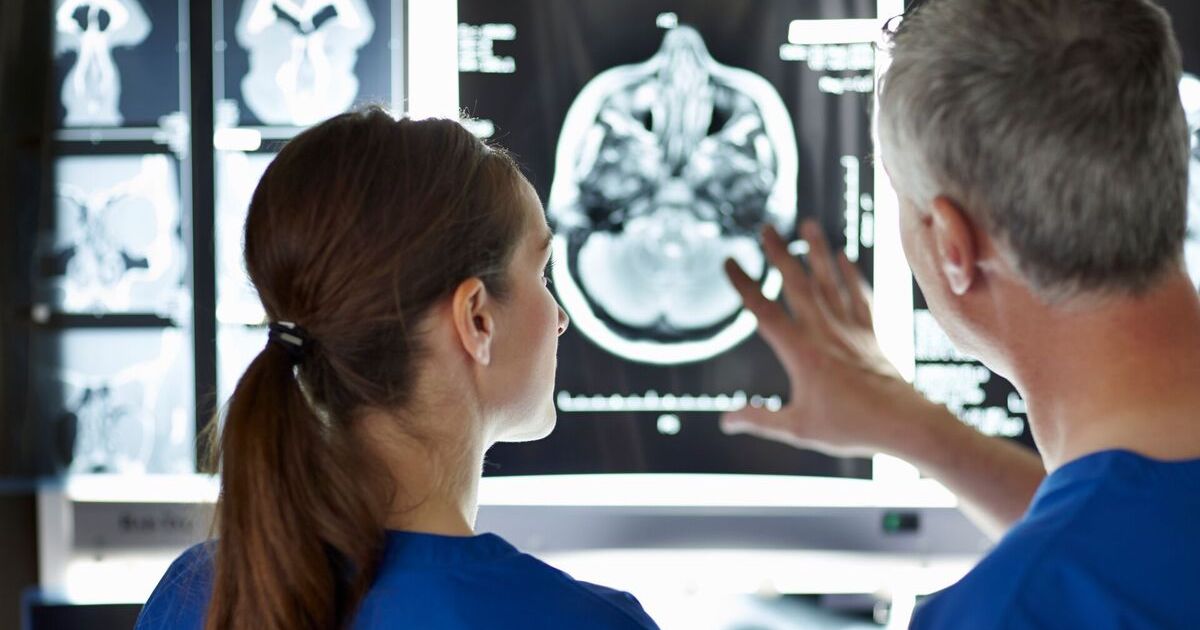
Researchers from Asan Medical Center, one of South Korea's largest hospitals, have developed a generative AI model that can autonomously learn and analyse brain scans to diagnose and predict the progression of Parkinson's disease.
The research team built a foundational model that can learn from a large database of dopamine transporter positron emission tomography (DAT PET) images to diagnose Parkinson's disease, predict its progression, and create prognostic images. DAT PET imaging has high sensitivity and specificity for detecting dopamine transporters, which can aid in the early diagnosis of Parkinson's disease and related disorders.
Their model, called Hierarchical Wavelet Diffusion AutoEncoder (HWDAE), creates a hierarchical representation of these images; approximately 1,934 DAT PET images were utilised in training the model.
The AMC researchers later tested the AI to differentiate Parkinson's disease from essential tremor, multiple system atrophy, and progressive supranuclear palsy and to predict the time of onset of Parkinson's motor symptoms.
FINDINGS
The researchers reported in a study published in Cell Reports Medicine that their AI model could distinguish Parkinson's from essential tremor with 99.7% accuracy and from multiple system atrophy and progressive supranuclear palsy with 86.1%% accuracy. It also showed a coefficient of determination of 0.519 in predicting symptom onset, which signifies a high prediction accuracy.
Additionally, the team confirmed that the model maintained its performance when trained and tested using brain scans generated from other PET devices at AMC and other hospitals.
WHY IT MATTERS
Besides improving how Parkinson's disease is diagnosed at an early stage, the AMC AI model can provide analysis that informs treatment decisions by medical teams and supports them in explaining to patients the possible disease progression.
"This is a groundbreaking technological advancement that can increase the accuracy of Parkinson’s disease diagnosis. Since it can produce predictive images of the prognosis of the disease that patients are most curious about, I expect that it will [become a tool that] can provide practical help to patients in clinical practice in the future," commented Sun-ju Chung, one of the study's authors and a professor at AMC Department of Neurology.
The research team now plans to apply their AI model to other neurodegenerative diseases, according to one of its members, Professor Kim Nam-guk of the AMC Department of Convergence Medicine.
THE LARGER TREND
Recent studies across Asia-Pacific have demonstrated the application of AI in mobile technologies for diagnosing Parkinson's disease. A study by RMIT University researchers in Australia showed how an AI-driven application analyses voice records to detect Parkinson's. King Chulalongkorn Memorial Hospital in Thailand tested a similar AI-powered app that screens for Parkinson's by also evaluating voice records, as well as finger movements, tremors, and balance.
The Alfred Hospital in Melbourne, Australia, has also recently started studying a digital eye movement test to detect and monitor neurological disorders, such as Parkinson's disease.
Meanwhile, the South Korean government intends to develop a foundational model for assessing cognitive decline as part of projects under the Korean Advanced Research Projects Agency for Health this year.


